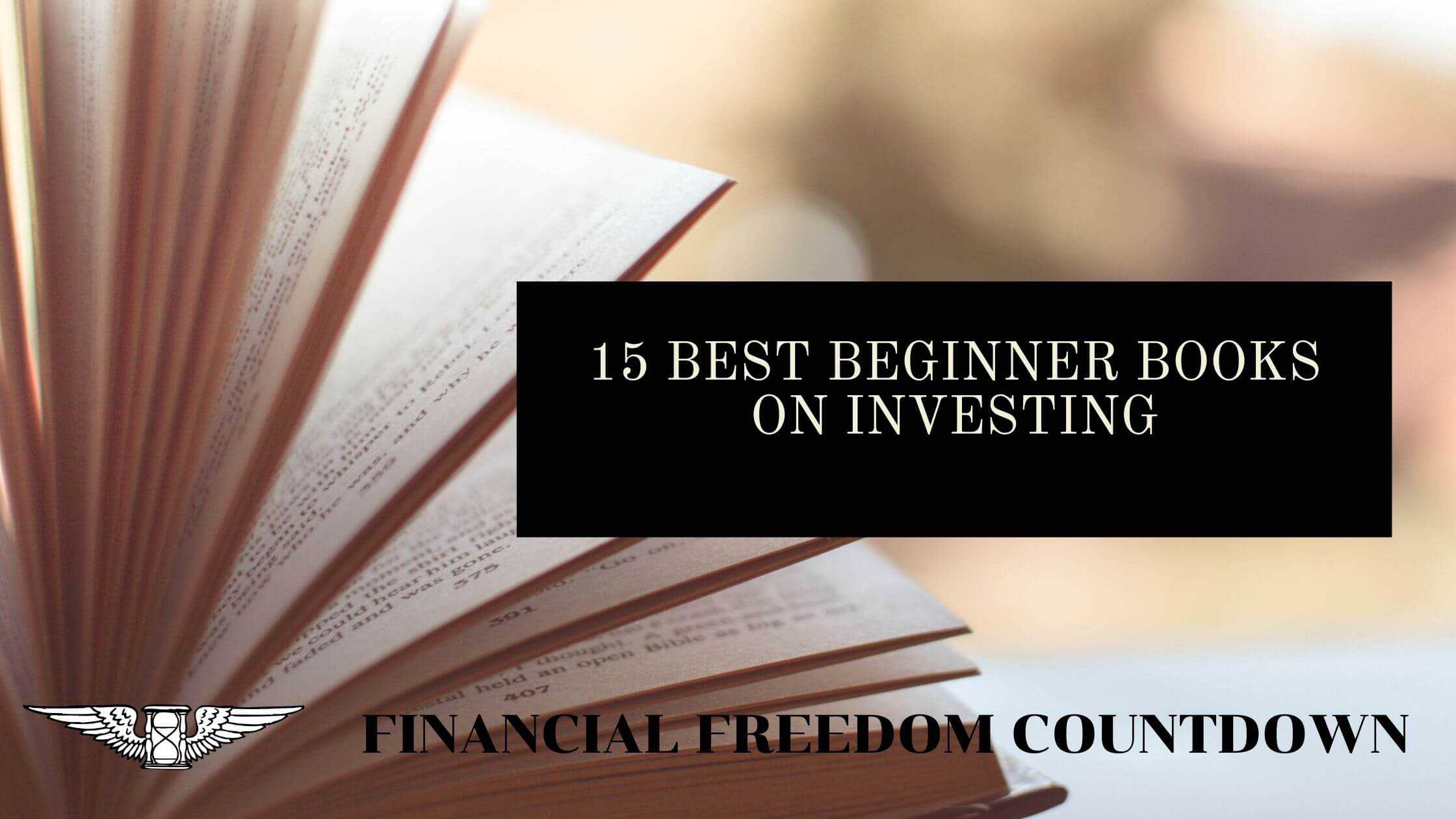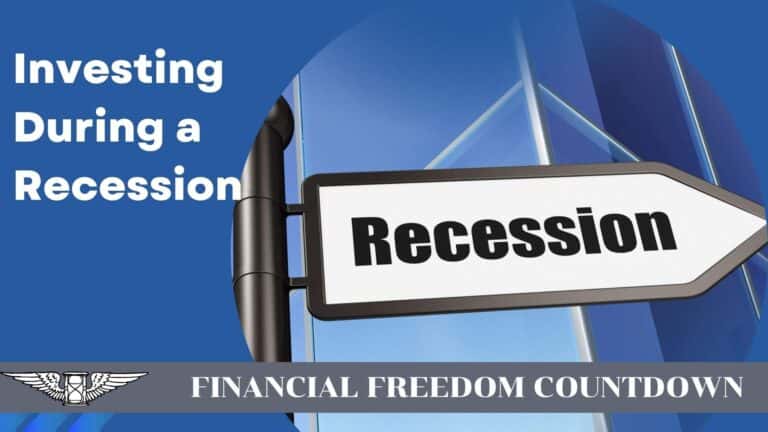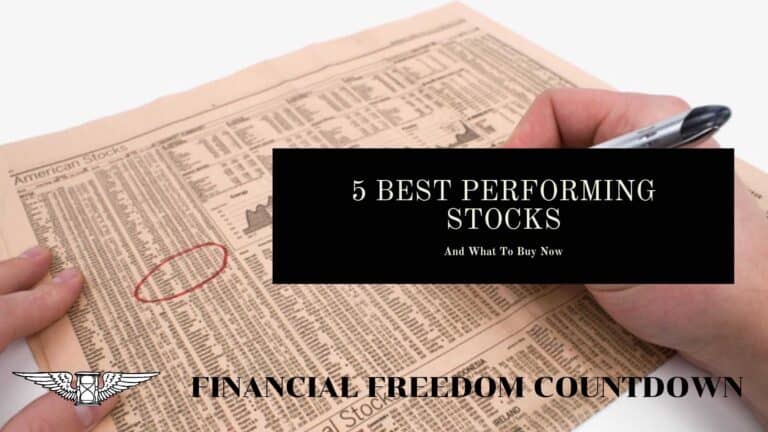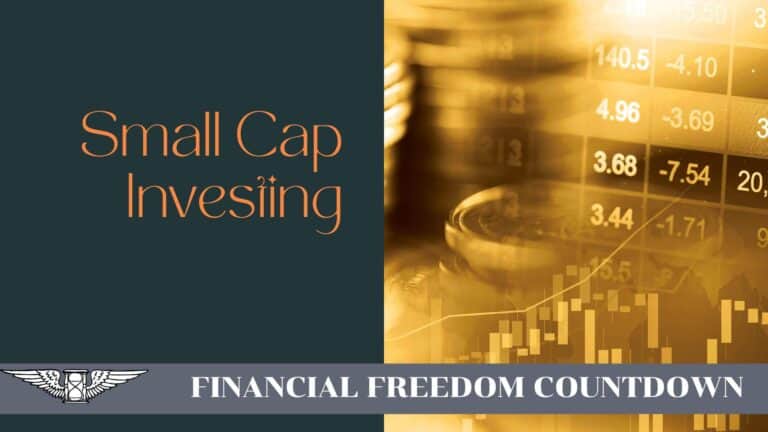15 Best Beginner Books On Investing You Need To Read

Investing is the best way to build wealth over time, but it can be hard to know where to start.
The good news is that there are many excellent investment books out there written specifically for young investors. But with so many options, how do you choose which ones are right for you?
I read through several investing books to inform my investment portfolio. This list of 15 must-read books will help you start your investment education and kickstart your portfolio growth. Enjoy!
A Random Walk Down Wall Street by Burton Malkiel
Burton Malkiel, the author of this book, is a well-known critic of active fund management. In his best-selling book A Random Walk Down Wall Street, he argues that fund managers cannot outperform the stock market because only three factors to consider when investing are company earnings, dividends, and asset allocation. His argument is based on the efficient market hypothesis, which states that it is impossible to outperform the market by selecting individual stocks because all publicly available information about stocks is immediately priced into the stock. The book covers significant investment vehicles, namely stocks, bonds, and real estate investment trusts.
The Little Book Of Common Sense Investing By John Bogle
This book is written by one of the most successful money managers John Bogle, the founder and former CEO of The Vanguard Group. In this book, he tells investors to gain diversified exposure to the stock market at a meager cost via index funds, helping them keep more of their hard-earned money in their pockets. Avoiding expensive fees can help you to protect and grow your wealth over time. Jack Bogle also talks about mean reversion and tax cost, which is why I am a huge fan of platforms like M1Finance, which helps me invest without fees, provides automatic rebalancing with new money, and avoids taxes due to selling. You can read more in my M1Finance review.
This investing classic is a must-read for all investors because it provides an entirely different market perspective. This book educates you about the various investing strategies and advises readers to ignore investing fads and focus instead on constructing a broad and diversified portfolio using index funds.
Half of my investment net worth follows the principles laid out in the two books by Malkiel and Bogle.
The Most Important Thing: Uncommon Sense for the Thoughtful Investor By Howard Marks
Howard Marks is the co-founder of Oaktree Capital Management, a leading global investment management firm that manages about 100 billion dollars in assets. His book summarizes the memos that he wrote to clients over several years. He advises his readers to resist following the crowd and instead invest with a more critical, contrarian approach.
He also tells his readers to think for themselves and not rely on experts or companies to make their predictions for them. The book is separated into short sections, making it easy to digest some of the most important concepts related to investing. Since many people are intimidated by the stock market, this little book does an excellent job of helping people understand how they can feel more confident when investing. For those who want to learn about investment, this book is a must-read. Howard Marks continues to publish his investment memos to this day.
The Way to Wealth By Benjamin Franklin
Benjamin Franklin was one of the Founding Fathers who played a vital role in the American Revolution and made invaluable contributions towards improving society through his many inventions and experiments related to electricity. He is also regarded as one of the first great American writers, has contributed significantly to the development of the American vernacular. He writes this book in the form of a letter addressed to his son, which he encourages him to view work as an investment rather than an expense. The advice contained in this short book will help you learn about compound interest and how it can create wealth through time if appropriately invested.
A 200-year-old gift from Ben Franklin made Boston and Philadelphia a fortune. In his will, he bequeathed $4,000 to the two cities with specific instructions on how the money was to be handled. For the first 100 years, the interest would fund loans for young tradespeople starting in business. After 100 years, Boston could use up to 75% of the principal to build a trade school, while Philadelphia could use it to pay for an infrastructure water project connecting. Franklin’s detailed estate trust rules provide a great model for building generational wealth and spending it.
The Intelligent Investor by Benjamin Graham
If you want to learn investment, the Intelligent Investor is the best book to start with. The author of this book is Ben Graham (nicknamed Mr. Value Investing) and is the bible for value investing. He wrote Security Analysis in 1934, revised in 1940, and later in 1949 under its latest title, The Intelligent Investor. Graham is often called the father of value investing, and his book Security Analysis with David Dodd is credited for creating a generation of investors. It provides practical advice on valuing stocks and outlines various investment strategies, including avoiding emotional decision-making when navigating the financial markets.
The book continues to be a valuable resource for investors. It is the bible used by Warren Buffett and Charlie Munger and is still relevant today, with the most recent edition published in 2007. The book is laid out so that it contains timeless advice and knowledge. You can read it linearly. Or as a reference guide with many charts and graphs about the stock valuation and how to evaluate companies.
One Up on Wall Street by Peter Lynch
Peter Lynch is the former manager of Fidelity and their multi-billion dollar Magellan fund. In One Up on Wall Street, Peter Lynch offers his insight into spotting trends in the market and explains why ordinary people can succeed at stock picking. He also discusses the various mistakes he has made in his investment career and how you can use them to your advantage. This Peter Lynch book is a must-read for every individual who wants to learn about modern-day trading, fundamental analysis, technical analysis, etc.
I utilize several of Lynch’s principles when selecting my moonshot stocks.
Fooled by Randomness: The Hidden Role of Chance in Life and in the Markets, by Nassim Nicholas Taleb
Nassim Taleb is a former trader and hedge fund manager, and he has explained how to remain rational while investing in this book. Though it isn’t easy, you need to keep all the emotions aside, or your investment decisions will be based on false hope or fear. He also talks about Black Swan events that may occur occasionally and how they can affect your portfolio.
The fat tails mentioned by Taleb got me thinking about cryptocurrency investments, including bitcoin.
Principles by Ray Dalio
Dalio founded the famous Bridgewater Associates hedge fund in 1975, which grew to one of the country’s top funds. In this book, Ray Dalio explains the principles behind his long-term successful investment strategy. He has a unique way of thinking and believes that your emotional reaction to events is more important than the event itself. Dalio offers the means to effective decision-making not only in investing but also in leadership and management.
He also says that you should concentrate on what you control and not blame others for things outside your control: simple common sense advice but very effective investment principles.
Rich Dad Poor Dad by Robert Kiyosaki
Rich Dad Poor Dad is one of the most influential books ever written on investing. The book is narrated as a story of growing up with two dads – the poor dad (his birth father) and the rich dad (his best friend’s wealthy father). The book explains the difference between assets and liabilities. Assets put money in your pocket, while liabilities take away your hard-earned money. Understanding the simple principle of passive income-producing assets can make you financially independent. It’s not just about having money but also investing your cash flow wisely so that it can generate even more of a return over time!
Kiyosaki tackles how financial literacy is essential. The rich dad encouraged talking about money and business at the dinner table. The poor dad forbade the subject of money to be discussed over a meal.
Kiyosaki is a huge fan of real estate. Although he made his fortune not through real estate but due to his paid seminars and royalties, the principles in Rich Dad Poor Dad are solid. If you are willing to put in the sweat equity, there are several ways to invest in real estate with little or no money.
Rich Dad Poor Dad is also on my list of best real estate books.
The Essays of Warren Buffett: Lessons for Corporate America by Lawrence Cunningham
Warren Buffett can easily be considered one of the most successful investors in modern history. In this book, author Lawrence Cunningham has collected the best essays written by billionaire investor Warren Buffett. This book contains a chapter on each topic ranging from accounting to stock options and management to insurance. It is one of the most popular books on Buffett’s investment philosophy.
The core theme throughout this book is that a proper understanding of the business will help you make better decisions when investing in it—reading the compilation of the “Oracle of Omaha’s” letters to his Berkshire Hathaway holding company shareholders. , you’ll better understand why this is the case and how to use fundamental analysis in making your investment selections.
The book challenges conventional investment wisdom espoused in other books, such as the efficient stock market or one should seek diversification. Of course, Buffet invests accordingly, picking individual companies to invest in or his large concentrated bet when purchasing railroads. However, he does advocate index investing for non-professional investors. You can find many of the famous Warren Buffet quotes in this book with context.
The Investor’s Guide to Alternative Assets by Jonathan Friedland
This book focuses on alternative investments. The author, Jonathan Friedland, is the editor of “The Alternative Investment News.” Alternative investments are generally less correlated to traditional stock and bond markets. Therefore, they offer an opportunity for diversification.
The book explores the world of hedge funds, private equity, real estate, and commodities. The author gives a brief introduction to each investment type. Readers should not expect too much detailed technical analysis as the scope of this book is quite broad. It’s a beginner’s guide to alternative assets and is only suitable for investors meeting the accredited investor qualifications.
I have already covered real estate crowdfunding in-depth and will be sharing my experience investing in other asset classes like financing art investments , lawsuit, shipping containers, etc.
The Four Pillars of Investing by William Bernstein
Bernstein is a neurologist who turned into one of the most prolific financial authors. This book provides a great introduction to the world of finance and investment. It is written with extreme clarity and highlights important points in bold, making it easy for readers to understand complex financial concepts without in-depth knowledge of personal finance. It covers the significant topics of market history, risks, rewards, psychology, pitfalls of investing, investment strategies for your age, building your portfolio, and safeguarding your assets. There is something in this book to inspire every type of investor, no matter their current financial situation!
The Man Who Solved The Market: How Jim Simons Launched The Quant Revolution By Gregory Zukerman
Jim Simons is the founder of Renaissance Technologies, one of the most successful hedge funds in history. Incidentally, Simmons is a former Cold war code breaker, a famous mathematician, and not a Wall Street type. The Medallion fund has compounded annually at 63.3% over the last 30 years and beaten every fund manager, including Buffet. Simons’ funds are secretive, but they follow quantitative trading models which exploit various market inefficiencies. Compared with every other author on this investing book list Simons doesn’t evaluate companies based on fundamental analysis. He only looks for patterns to trade.
Gregory Zukerman has done a fantastic job with this book profiling the reclusive Jim Simons and the Medallion Fund. Along with explaining the various investments that have been made by Renaissance Technologies and their secretive management style, he also talks about how the computer programs built on mathematical models can beat even Wall Street veterans. Eventually, robots will take our jobs, and we need to be prepared now for the new world order.
Extraordinary Popular Delusions and the Madness of Crowds by Charles MacKay
This book, published first in 1841, is about market manias or speculative bubbles. It mentions several examples of illogical behavior of investors who rushed to buy stocks even though they were utterly overvalued. If you want to learn more about how mass psychology works and what happens when it goes wrong, this is a must-read for you.
Given that we are in an “everything bubble” market lately, the book will help you take a critical look next time you decide to chase a hot investment in tulips or NFTs.
Stocks for the Long Run: The Definitive Guide to Financial Market Returns and Long-Term Investment Strategies By Jeremy J Siegel
In his book Stocks For The Long Run, Professor Jeremy Siegel has examined and analyzed time-tested evidence and data to make a convincing case for equities as the best assets to invest in. His research shows that equities outperform all other classes over very long periods. He has extensively used data to support his arguments and tells the readers what they should expect from stocks as an asset class for different time horizons.
Siegel argues that stocks are an excellent asset to invest in because they offer security and portfolio diversification (a balanced portfolio), liquidity (you can buy stock easily), and rewards (over very long periods). Although I am still not convinced the stocks vs. real estate debate is settled, the book is a great read.
Final Thoughts On The Best Beginner Investing Books
Investing is one of the best ways to create wealth for your future. The more you know about investing, the better decisions you can make about how or when you invest your money.
Books are one of the best investments since you get the wisdom of professionals for only a few dollars. The list of best beginner books on investing should teach you everything from value investing to understanding financial statements.
Readers, any books on this list piqued your interest? Any of your favorites I missed?

John Dealbreuin came from a third world country to the US with only $1,000 not knowing anyone; guided by an immigrant dream. In 12 years, he achieved his retirement number.
He started Financial Freedom Countdown to help everyone think differently about their financial challenges and live their best lives. John resides in the San Francisco Bay Area enjoying nature trails and weight training.
Here are his recommended tools
Personal Capital: This is a free tool John uses to track his net worth on a regular basis and as a retirement planner. It also alerts him wrt hidden fees and has a budget tracker included.
Platforms like Yieldstreet provide investment options in art, legal, real estate, structured notes, venture capital, etc. They also have fixed-income portfolios spread across multiple asset classes with a single investment with low minimums of $10,000.






